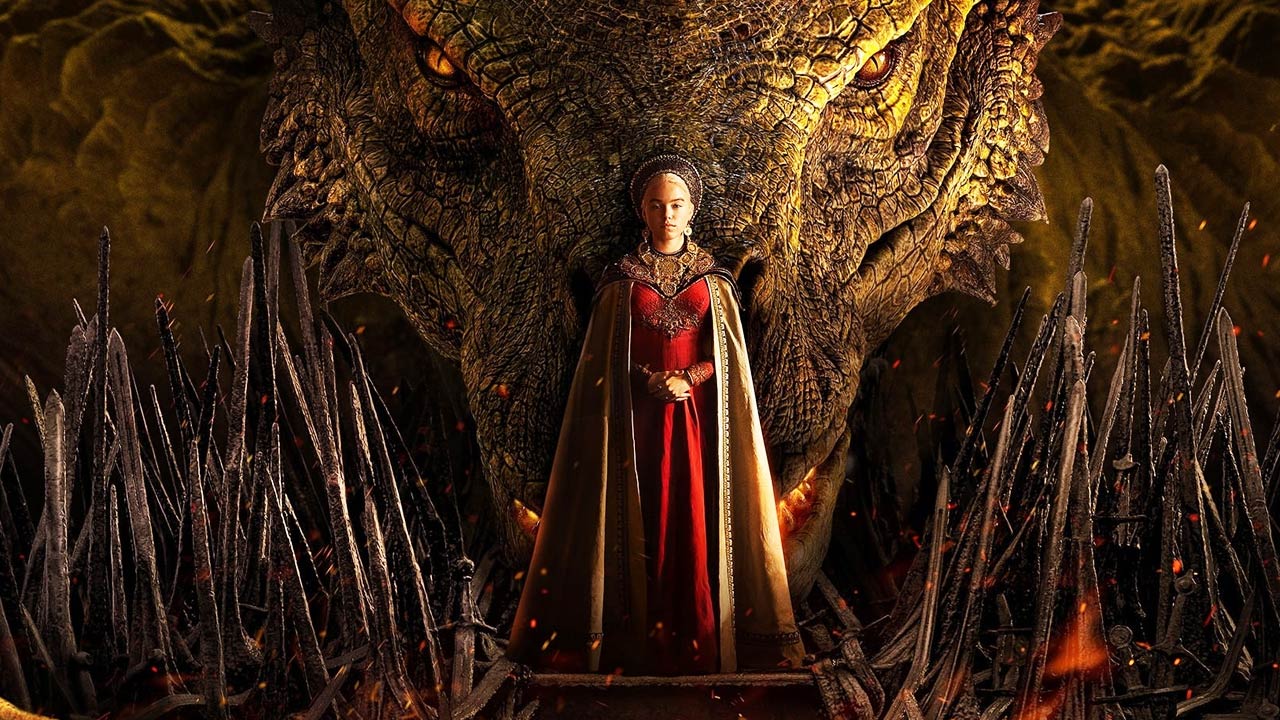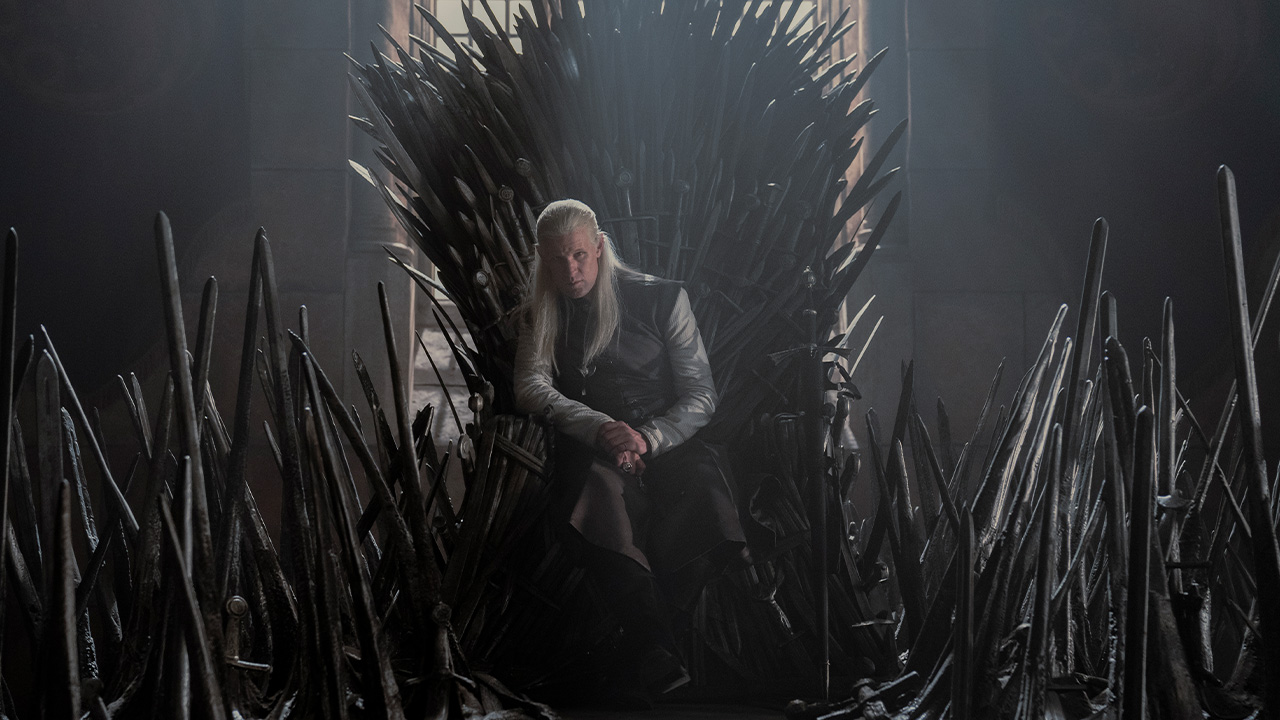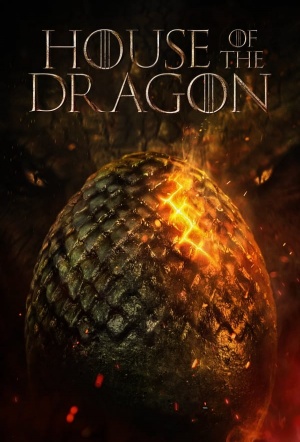First impressions: House of the Dragon has many of GoT’s weaknesses but few of its strengths

One of the year’s most anticipated TV shows has arrived—but so far it ain’t brilliant. House of the Dragon has many of GoT’s weaknesses but few of its strengths, writes Travis Johnson.
The mighty Ian McShane once famously and cheekily dismissed the hugely popular fantasy series Game of Thrones as “…just tits and dragons”, which is a heck of a soundbite coming from a member of the cast. Let’s hope he’s on a live mic when someone asks him what he thinks of the prequel series, House of the Dragon—his take on a series which, based on the first episode, has many of its predecessors weaknesses and few of its strengths, should be worth a listen.
Set a couple of centuries prior to the events of Game of Thrones, House of the Dragon follows the dynastic struggles of the House Targaryen, rulers of the Seven Kingdoms, who fans know will be overthrown and reduced to just two descendants down the track. When we meet them here, though, they’re at the height of their power, with kindly king Viserys I (Paddy Considine) kept in power by his family’s fleet of dragons—the medieval setting’s equivalent of a nuclear arsenal.
But all is not well in King’s Landing (it is fun to revisit GoT settings, it must be said). The question at hand is one of succession, and whether the Iron Throne will go to Viserys’ younger brother Daemon (Matt Smith in oily bastard mode) or his daughter Princess Rhaenyra (Emma D’Arcy).
Other potential claimants prowl the periphery. Ser Otto Hightower (Rhys Ifans), Hand of the King (if you’re not at least passingly familiar with GoT’s schtick, you’re out of luck) looks keen to set his daughter, Alicent (Olivia Cooke) on the throne, while Lord Corlys Velaryon (Steve Toussaint) is maneuvering his wife, Princess Rhaenys (Eva Best) for a shot at the top job.
So, the political complexities of Game of Thrones are all present and correct, and the first episode does a decent job of mapping them out—although those who’ve read Fire and Blood, the faux-history book by George R. R. Martin the series draws from, will be better equipped. However, what’s lacking is character and emotional impact.
A good pilot needs to put the hook in the viewer and make them want to come back to see what happens next. The first episode of the original Game of Thrones is a great pilot; once noble Jamie Lannister (Nikolaj Coster-Waldau) hurled young Bran Stark (Isaac Hempstead Wright) out the window after getting sprung shagging his sister, it took an iron will not to tune in next week.
There’s none of that here. Certainly there’s violence and sex (and tits and dragons) but it feels like an imitation rather than a revelation, hitting the requisite points and giving us what we’ve come to expect from the franchise. Even a particularly graphic caesarian delivery is merely unpleasant without being impactful.

Worse, the characters are poorly sketched, defined by their relative positions rather than their emotions. They feel like mere junction points in a plot web, rather than actual flesh and blood people. You can literally see the talented cast struggling to imbue these figures with some kind of interiority while grappling with the archaic dialogue. Of the lot, Smith comes off the best, and all he does to accomplish this is twirl his mustache a little (and do a cracking impersonation of Michael Moorcock’s Elric of Melniboné).
For all that, House of the Dragon isn’t terrible—just disappointing. There’s every chance the series will settle into its groove in the next handful of episodes. But the current television environment is not kind to series that take a long time to find their feet, and I suspect any audience it does find for now is there out of fealty to the original show.




















